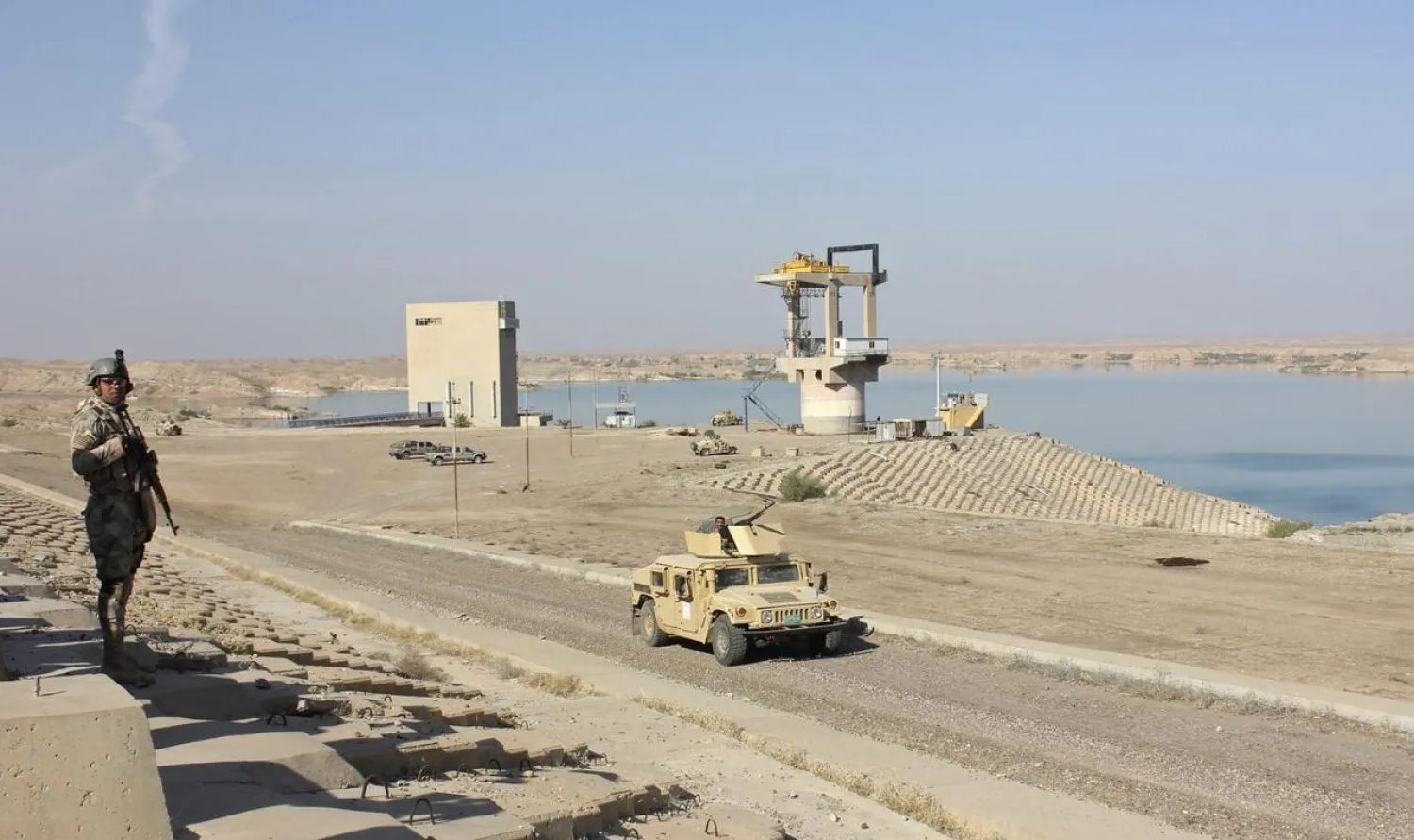Iraqi security forces launched a military operation in the Diyala province northeast of Baghdad to clear the area of ISIS cells.
The operation was kicked off a week after the Khilanih massacre in Diyala where five family members of the Bani Kaab tribe, including its chief, were killed by ISIS.
Sheikh Fadalah al-Kaabi was one of the influential tribal leaders in the region and had participated in the operations against ISIS, which is likely why the organization kidnapped and killed him.
Prior to the Diyala massacre, eight family members were killed and four others kidnapped in Salaheddine’s Balad district. Mystery still surrounds the case, amid accusations that a Popular Mobilization Forces (PMF) faction that controls the region is responsible for the incident.
The Diyala Operations Command began combing al-Khilanih village, in al- Muqdadiyah district, discovering two ISIS hideouts.
Engineering units began opening roads and clearing the area, and will continue to pursue the terrorists.
The air force participated in bombing the ISIS targets in different areas of Diyala, as part of the operation, which covers 12 agricultural villages.
The army is seeking to secure the military convoys in agricultural areas.
Following the massacre, the US embassy in Baghdad issued a statement strongly condemning the brutal ISIS attacks against the Bani Kaab tribe in Diyala.
The embassy warned that the attacks are further evidence that ISIS, even though it has been weakened, continues to pose a threat to the stability and prosperity of Iraq and the region.
“We will continue to work side by side with our Iraqi partners and the international coalition to ensure the permanent defeat of ISIS,” it added.
Meanwhile, expert and advisor to the European Center for Counterterrorism and Intelligence Studies, Imad Alou, told Asharq Al-Awsat that ISIS is constantly trying to regroup in order to launch more attacks, despite its recent setbacks.
As part of its tactics, the terrorist organization is trying to launch attacks in areas that are not being monitored by Iraqi forces, according to the expert.
He noted that its operations now include areas extending from northeastern Diyala near the border with Iran, as well as the Hamrin and Makhoul mountain range, which are difficult terrains for the Iraqi forces to attack.









